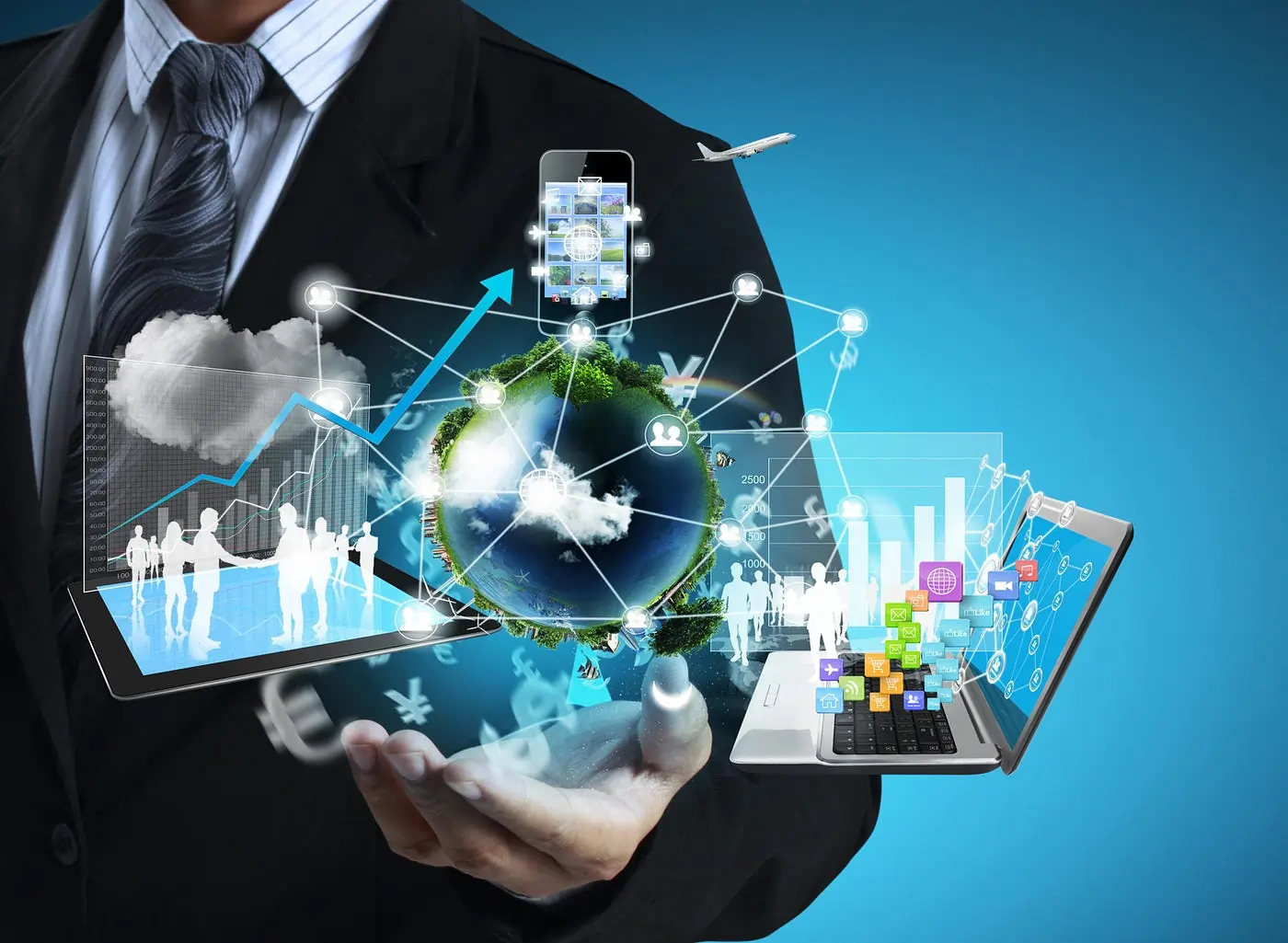Technology fundamentally changes how we connect. From simple phone calls to complex social media platforms, each new tool has altered our relationships. We now live in a world where a friend is always a click away, no matter where they are. This constant connection brings people closer in some ways, but it also creates new problems for our social bonds.
Technology Digital Spaces Redefine Social Interaction

The digital age created a new dimension for social life. Social media, messaging apps, and online forums are the new town squares. People share thoughts, experiences, and emotions there. This lets them form communities based on shared interests, not just on physical location. A designer in Rome can now collaborate with a writer in Chicago.
The Ups and Downs of Digital Connection
This digital shift has many benefits. It breaks down geographical barriers. It also gives a voice to people who might not have one otherwise. They can find support and community online. However, critics argue this form of connection is often shallow. A “like” on a post is not the same as a genuine face-to-face talk. The polished, perfect versions of ourselves we share online can make us feel insecure and lonely. We are still learning how to handle the psychological effects of living so much of our lives on a screen.
“We’ve gained the ability to connect with everyone, but we risk losing the skill of being truly present with the person in front of us.”
The Decline of In-Person Engagement
Technology Smartphones now dominate our social lives. We often sit at a dinner table more focused on our phones than on our friends. A constant stream of notifications pulls our attention away from the present. This fragments our focus and weakens the quality of our real-life conversations.
The Challenge of Staying Present
The fear of missing out (FOMO) and the need for likes makes it hard to fully engage with people physically present. We are always “on,” and this constant connection is exhausting. Conversations become a series of interruptions. An incoming message can completely derail a moment. This has reduced our ability to be truly present and listen. These skills are essential for building deep, meaningful relationships.
Technology Blurring of Private and Public Lives
Technology also blurs the lines between our public and private lives. Social media encourages us to share personal details with a large, sometimes anonymous, audience. We now broadcast our political opinions and daily frustrations to a wide network of people. This changes the nature of public discussion. It makes it more immediate and often more volatile.
The Problem with Filter Bubbles
Social media promises a space for diverse opinions. But the algorithms behind them often create “filter bubbles” and “echo chambers.” We see content and opinions that match our existing beliefs. This reinforces our biases and makes it harder to understand other viewpoints. It can lead to a more divided society. The nuance of real-world issues often gets lost in the short, confrontational nature of online debate.